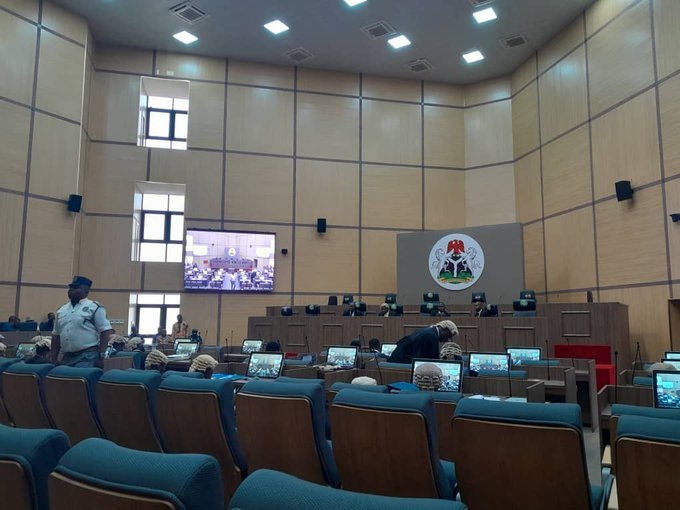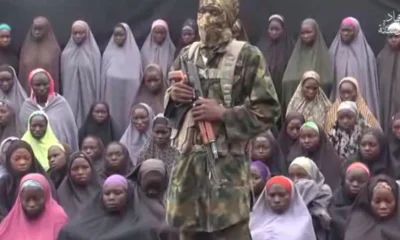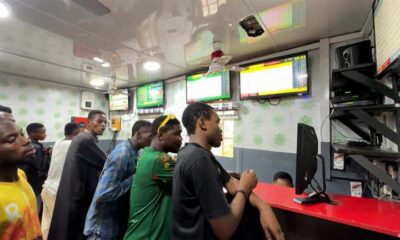Politics
Failure Of IREV Does Not Stop Collation of Results, 25% In FCT Not Enough, Says Supreme Court
The Supreme Court on Thursday said failure to report results to IReV and failure to get 25% in the FCT are…

The Supreme Court on Thursday said failure to report results to IReV and failure to get 25% in the FCT are not sufficient reasons to remove President Bola Tinubu from office.
VerseNews reports that the apex Court, in a ruling by Justice Iyan Okoro, agreed with the lower court that iREV was not a collection center and that there was a comprehensive agreement to ensure that copies of the results were available.
“The unavailability of the iREV cannot be a ground for the nullification of the election,”
“The failure to tranmit results to irev did not affect the results of the election,” said the apex court
The Electoral Law provides that if the election has been conducted substantially in accordance with the law, the election cannot be declared void in accordance with the provisions of this law.
The Court of Appeal for the Presidential Elections ruled that the failure to communicate the results electronically does not constitute grounds for an election challenge.
In a September 6 judgment, the PEPC ruled that INEC has the power to issue guidelines and directives in accordance with the provisions of the Electoral Act.
He also said that INEC has the right to set the procedures to determine how elections will be conducted.
According to Okoro, the court ruled that the FCT did not have a special status, holding that 25% grades are mandatory in the Federal Capital Territory.
“The decision of the lower court is unassailable and I see no difficulty in agreeing with it”.
According to him, the Constitution is not for a select few, but for everyone.
Atiku and Obi called for the annulment of the election on grounds of non-compliance with the rules laid down in the INEC handbook, including the electronic transmission of results.
However, Justice Tsammani said the guidelines and directives cannot supersede the express provisions of the election law and only violations of the law can form the basis of an election petition.
Judge Tsammani ruled that the law provides for the physical collection of results and that the transmission of results to IRev using BVAS would allow the public to see the results at polling stations on election day.
Tsammani, who is also the chairman of PEPC, has failed to prove that the petitioners did not comply with the provisions of the electoral law, which is the only way to support their claim of violation of the electoral law.
























You must be logged in to post a comment Login